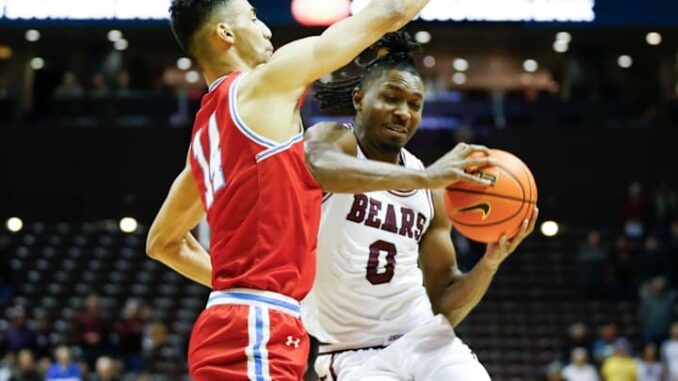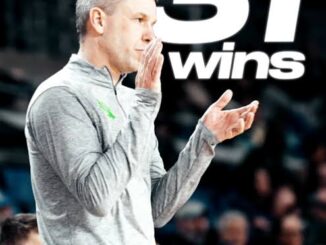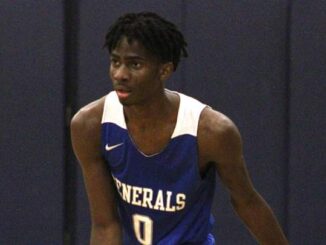
West Virginia is in urgent need of stability, and the Mountaineers are banking on Ross Hodge to deliver that in Morgantown. Following Bob Huggins’ departure and a brief stint by Darian DeVries who left after just one season to take the Indiana job Hodge steps into a program that hasn’t made the NCAA Tournament in recent years, though it was a Big 12 force not long ago.
That past success doesn’t mean much now. Nearly the entire roster from last season is gone, with Tucker DeVries’ exit expected but compounded by the loss of other key contributors like Amani Hansberry and Jonathan Powell to the transfer portal. While the team improved by ten wins last season, Hodge faces a total rebuild and will be hoping that this new group can at least match that progress.
Hodge brought a few familiar faces from North Texas, including point guard Jasper Floyd and 6-9 forward Brent Lorient. He’s also counting on seven-footer Harlan Obioha from UNC Wilmington to man the center, and North Dakota transfer Treysen Eaglestaff who proved to be a prolific scorer last year could emerge as the team’s star. But the player who might have the biggest impact this season is someone else entirely.
That player is Chance Moore, a 6-5 guard with a key role to play. A former Top 100 recruit, Moore has bounced around from Arkansas to Missouri State to St. Bonaventure before landing in Morgantown. Last season with the Bonnies, he averaged 13 points and 6.5 rebounds in his only year as a starter.
At first glance, Moore may not seem like the obvious centerpiece. Eaglestaff could lead in scoring, and Floyd and Honor Huff are vital for ball-handling and offense. But Moore’s situation is different this is his final shot at making a name for himself in a Power Conference. Once an afterthought at Arkansas, he now has a real chance to be a cornerstone, especially if he can improve his shooting and continue to rebound effectively.
He doesn’t need to put up 20 points per game for West Virginia to succeed. The challenge lies in how this roster largely built from mid-major programs adapts to the Big 12 level. But Moore brings both experience and skill, and even if he’s not the leading scorer, he has the tools to make a meaningful difference across multiple areas of the game.



Be the first to comment